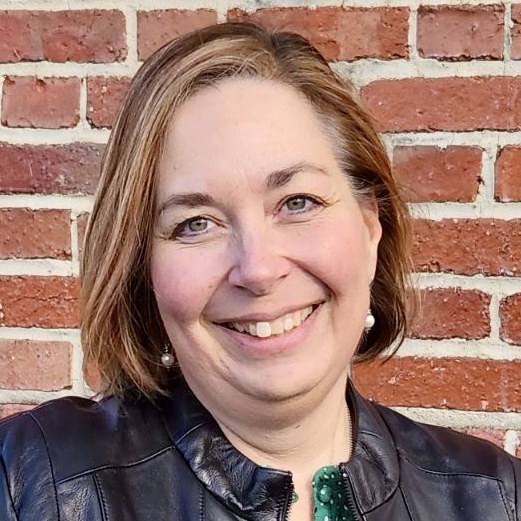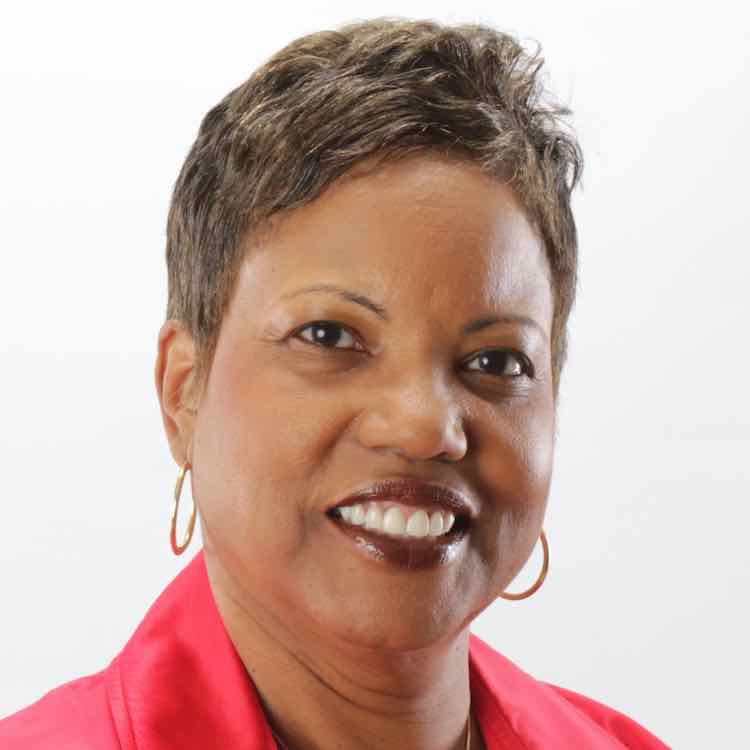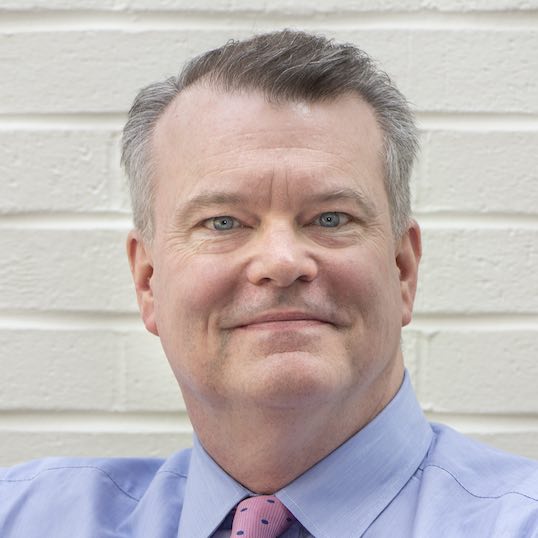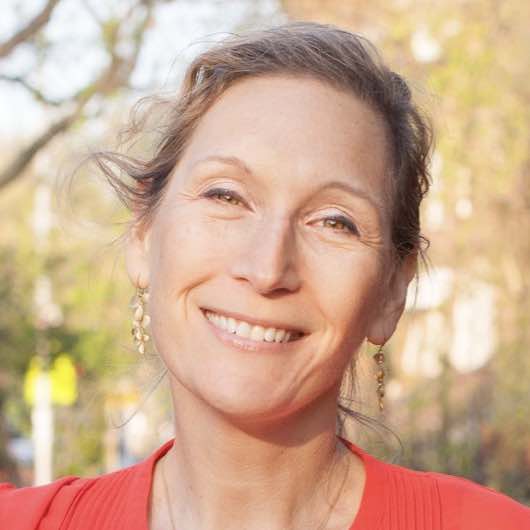Friday, April 25
8:00 AM – 11:00 AM
Cost per person: $199
By advance registration only.
Add $30 fee if you are not attending the conference.
All pre-conference workshops will be offered LIVE in New York only. There is no virtual option.
1. Evidence-Informed Learning: Transforming Schools Through the Applied Science of Learning
Training teachers to understand how learning happens in the brain and what that means for teaching is a game-changer for schools and districts. This training strengthens teachers' and schools' ability to leverage key components of learning science to improve student learning outcomes and helps to recruit and retain educators who are evidence-informed and equity-driven. This workshop will articulate a simple model of the mind that describes how learning happens and identifies key learning science principles that ensure effective instruction. The workshop leaders will identify successful evidence-to-practice methods for the classroom and outline initial steps for building capacity for evidence-informed and equity-driven professional learning in your school or district.
Jim Heal, EdLD, Professor of Evidence-Informed Education Leadership, Academica University of Applied Sciences, Amsterdam; Lecturer and Former Director of Practice at Research Schools International, Harvard Graduate School of Education; Co-Author, Mental Models: How Understanding the Mind Can Transform the Way You Work and Learn (Forthcoming) and How Teaching Happens (2022); and Margaret (Meg) A. Lee, MEd, Director, Organizational Development Department, Frederick County Public Schools; Advisor, Implementation of Evidence-Informed Practice, Academica University of Applied Sciences, Amsterdam; Author, Mindsets for Parents: Strategies to Encourage Growth Mindsets in Kids (2023, 2nd Edition)
2. My Students Can’t Write: Advancing Achievement Through Cross-Curricular Writing in K-8
Many teachers share the same frustration, that their students struggle with writing. Yet, writing is an important skill. Research shows writing leads to enhanced brain activity, improved reading comprehension, and increases the likelihood that students will retain and transfer knowledge and skills. As teachers, we have a responsibility to ensure the skill of writing is embedded into our instruction across all the disciplines. In this workshop, you will explore ways to use cognitive journal writing as a sustainable solution for improving writing across subjects and how to scaffold writing properly for all learners, multilinguals, and students with disabilities.
Paul Emerich France, MA, BEd, National Board-Certified Teacher; Literacy Specialist; Consultant, Make Teaching Sustainable; Author, My Kids Can’t Write, K-5: How to Advance Achievement Through Cross-Curricular Writing (Forthcoming) and Make Teaching Sustainable: Six Shifts That Teachers Want and Students Need (2023)
3. Formative Assessment in a Brain-Compatible Classroom: How Do We Really Know They’re Learning?
If you wait until you have planned your lesson to decide how you will assess it, you have waited too late! If you wait until the end of the lesson to determine if students have mastered essential learning, again, you have waited too late! Once you have decided what you want students to know and be able to do, the next question becomes, how will you know when they can do it? This workshop will enable you to: (1) create a brain-compatible environment conducive to optimal learning; (2) delineate over 50 products and performances that students can use to demonstrate what they are learning; and (3) develop practical rubrics for assessing those authentic forms of assessment. You will leave this session with four ways that enable students to succeed at any test.
Marcia L. Tate, EdD, Chief Executive Officer, Developing Minds, Inc.; Author, Formative Assessment in a Brain-Compatible Classroom: How Do We Really Know They’re Learning? (2024, Updated Edition), Preparing Children for Success in School and Life (2022, 2nd Edition), and 100 Brain-Friendly Lessons for Unforgettable Teaching and Learning (2019); Editor, Engaging the Brain: 20 Unforgettable Strategies for Growing Dendrites and Accelerating Learning (2024)
4. “What Does the Research Say?”: Practical Strategies to Critically Evaluate ‘Research-Based’ Teaching Advice
Teachers are often told to change their practices because “research says so.” But how do we critically evaluate these claims while honoring our own professional expertise? Our experiences matter, but how do we get the balance right? Not all research-based advice is created equal, and knowing how to ask the right questions can help us separate meaningful strategies from passing trends. In this workshop, you will explore the questions to ask, ways to critically evaluate research findings, and how to examine their applicability to your classroom. Discover how to make thoughtful and balanced decisions about complex research topics as preparation for being an informed learner at the conference. As a result, you can avoid fads and champion teaching practices that fit your classroom, your curriculum, your students, and the research.
Andrew C. Watson, MEd, Classroom Teacher; Founder/President of Translate the Brain; Author, The Goldilocks Map: A Classroom Teacher’s Quest to Evaluate ‘Brain-Based’ Teaching Advice (2021), Learning Grows: The Science of Motivation for the Classroom Teacher (2019), and Learning Begins (2017); Blogger, Learning & the Brain® Blog
5. Building Your Teacher Toolkit: Using the Science of Learning to Define Your School's Guiding Principles for Great Teaching
Designed for leadership teams, this workshop applies cognitive science to help schools define what great teaching looks like. By developing a set of guiding principles grounded in research, leaders can create a shared framework that makes high-impact instruction clear and actionable for teachers. You will explore how to adapt these principles to your school’s unique context and see real-world examples of how schools have successfully embedded them into professional development and daily practice.
Tricia Taylor, MEd, Instructional Leader and Coach; Founder and Executive Director of TailoredPractice; Lead Educator at Mallorca International School; Former teacher and school leader in NYC and London; Former Associate Lecturer at Goldsmiths University; Ambassador for Leadership Matters; Author of Connect the Dots: The Collective Power of Relationships, Memory, and Mindset in the Classroom (2019) and “The Bad News and the Good News: Why and How to Teach about Memory” (Impact, Chartered College of Teaching, 2018) and Nina Dibner, MEd, Educational Consultant and Leadership Coach; Founder and Executive Director, PowerTools, LLC; Former Teacher in Minneapolis and Brooklyn, Advisory Program Coordinator in Brooklyn; Certified DISC practitioner; Contributor, Connect the Dots: The Collective Power of Relationships, Memory and Mindset in the Classroom (2019)


.png)





